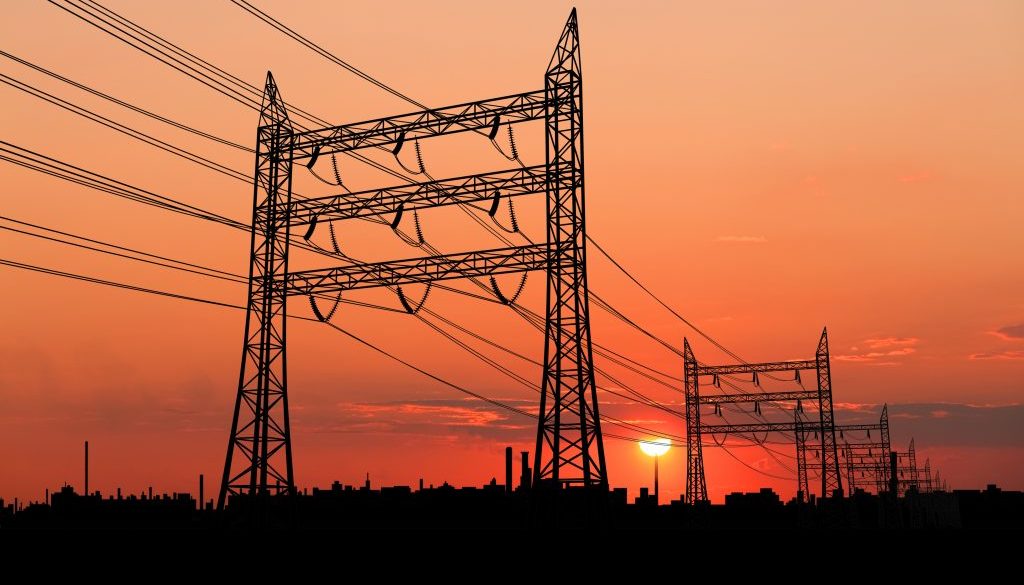DOE Under Secretary Misses the Efficiency Standards Facts
By Ashley Leung, Natural Resources Defense Council
What saves money for Americans, reduces climate-warming emissions, and keeps getting delayed by the Trump administration? Appliance and equipment efficiency standards!
Department of Energy (DOE) Under Secretary Mark W. Menezes praised the agency’s recent “progress” on appliance energy efficiency standards during his appearance earlier this month before the House Committee on Energy and Commerce’s Energy Subcommittee. However, his testimony at the hearing on “Legislation to Improve Energy Efficiency and Storage” didn’t fully explain the big picture of what’s really going on at DOE.
Let’s break it down.

DOE
The claim: DOE’s 21 missed efficiency standards deadlines were “inherited” from the previous administration.
The reality: DOE is required by law to review appliance and equipment efficiency standards on a regular basis and update them as needed. The department is currently overdue for reviewing and updating 21 of those common-sense standards, which save energy and money for consumers and businesses. Menezes stated that the Trump administration’s DOE inherited these standards delays but are trying to reduce them, and that the failure to meet statutory deadlines occurs from “administration to administration,” adding that one “can compare our record against any prior administration on following the law and trying to get these appliance standards out.”
On the contrary, the standards program was chugging along on track and producing massive savings at the end of the Obama administration, which issued at least 45 standards. The delays began when the Trump administration failed to publish updated standards created under the Obama administration and only needed to be printed in the Federal Register to become final. In addition to missing legal deadlines for updating 21 standards, the agency also has missed the legal deadlines for updating 19 test procedures.
The claim: DOE has published seven final rules related to appliance standards since last year—so it’s well on its way to making progress.
The reality: While technically it’s true that DOE has published seven standards, the details tell a different story:
- Four of the seven rules are the standards that were completed at the close of the Obama administration, but never published. The Trump administration’s DOE only published the standards last month after NRDC and a coalition of advocacy groups and state attorneys general took the agency to court and sued DOE for illegally withholding them almost three years earlier.
- Two of the seven rules roll back light bulb standards, which the president’s FY21 budget proposal lauds as a “success.” In fact, these lighting standards would save $14 billion on utility bills for consumers and businesses and avoid 38 million tons of climate-warming carbon dioxide emissions every year. In response to this rulemaking, over 66,000 individuals made comments, the majority of whom opposed this decision. Rolling them back hurts consumers, which is anything but successful.
- The remaining rule simply codified technical corrections to the 2017 external power supply standards.
None of these final rules actually reflect any updates conducted by the current DOE, and the fact remains that the agency is woefully behind schedule.
The claim: DOE is doing its best to follow the law and spend down its budget in a timely, prudent fashion.
The reality: In response to reports of DOE underspending its budget, Menezes claimed that the Department was ahead of schedule on all but one of its FOAs. On this topic, my colleague Arjun Krishnaswami recently analyzed DOE’s underspending and testified before Congress that the Department was behind on spending its 2018 and 2019 budgets at the end of each fiscal year, delaying important clean energy funds from getting out the door and into hands of the nation’s top researchers and businesses.
Krishnaswami’s research also found that the Office of Energy Efficiency and Renewable Energy, which handles the agency’s renewable energy, energy efficiency, and clean transportation programs, is severely understaffed, despite Congress increasing the budget for the office and directing DOE leadership to bring employee counts to an adequate level. Menezes oversees the applied energy offices and is responsible for ensuring they operate effectively, including by maintaining sufficient staff to run the programs.
These claims aren’t just wrong—they’re deliberate attempts to gloss over the backward momentum of the Trump administration when it comes to energy efficiency. But we’re here to keep telling the truth, and to use science and the rule of law to move toward a more sustainable, energy-efficient world.

